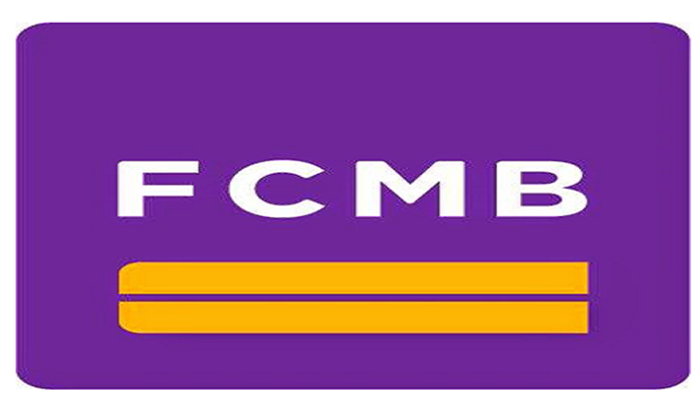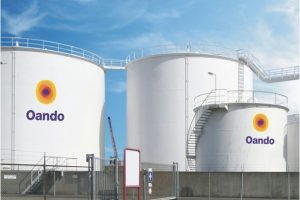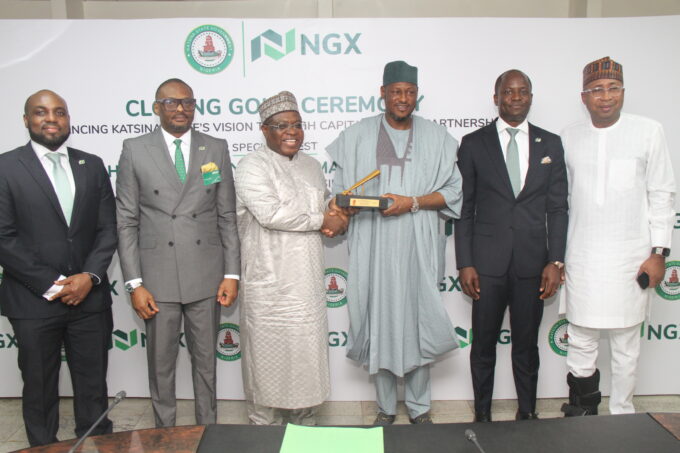BRIDGING NIGERIA’S INFRASTRUCTURE GAP: THE CAPITAL MARKET OPTION
1. Protocols
2. I am delighted to be a part of this workshop with theme “Bridging Nigeria’s Infrastructure gap: The Capital Market Option”. Infrastructure development is very important for a country’s sustained economic growth and competitiveness. Well-developed infrastructure has the potential to increase productivity which leads to poverty and unemployment reduction, facilitate trade and promote innovation in an economy.
3. However, Nigeria, and many other Sub-Saharan African countries have huge infrastructure deficits with the attendant low economic development. The theme of the workshop is therefore very apt as Nigeria has a huge gap in infrastructure base measured through levels of physical capital of roads, public education, electricity production, health infrastructure, and access to treated water.
4. The Nigerian government like other developing countries continues to face significant challenges in implementing programmes to build basic infrastructure, as the traditional source of infrastructure funding is through public expenditure and development finance aids. These sources of infrastructure financing have been found to be inadequate as evidenced by the country’s infrastructure gap.
5. A report by the African Development Bank on Nigeria’s Infrastructure Plan in 2013 estimated that Nigeria would need to invest about $350bn in its infrastructure sector in ten years to be at par with its peers. There are other estimates that have put this figure at slightly higher. The government, in recognition of this is doing its best to close the infrastructure gap as outlined in the Economic Recovery and Growth Plan (ERGP) for 2017-2020.
6. However, the government cannot be the sole provider/promoter of infrastructure projects, private sector investment in infrastructure sector is also required.
7. Given the need to bridge the infrastructure deficit and the challenges of financing it, the county needs to leverage on alternative sources of infrastructure financing, such as the capital market. In view of the government’s bid to reverse the current growth trend, diversify the economy and develop infrastructure, there is no better time than now to leverage the capital market for sourcing of infrastructure development financing.
8. The capital market provides an enabling environment for private investments in infrastructure projects and the SEC is doing its part to foster this through the implementation of the Capital Market Master Plan (2015-2025). The plan’s major objective is to transform the Nigerian capital market, making it competitive, while contributing towards the nation’s development through funds mobilization.
9. The Nigerian capital market has been used as a source of raising funds as early as 1946, when the colonial government floated the first loan stock worth £300,000 to fund its local administration. Today, the Nigeria capital market has broadened and become more sophisticated as a result of various development initiatives advocated by the SEC.
10. There are various sources of funds available in the capital market which can be harnessed for infrastructure development, some of which are Pension Funds, Real Estate Investment Trusts (REITs), Collective Investment Schemes (CIS) amongst others. In addition, there are various capital market instruments that can be used for infrastructures financing, amongst which are the infrastructure project bonds, sukuk, infrastructure debt bonds, green bonds and revenue bonds.
11. Over the years, several state governments have issued sub-national bonds to finance infrastructure projects. The Federal Government of Nigeria (FGN) also channel some of the proceeds of its general bond issuance towards financing infrastructure, although it had no dedicated infrastructure project bond. However, we are seeing a change from this trend as the FGN issued two (2) sovereign sukuk consisting of N100bn in 2017 and another N100bn in 2018 solely for infrastructure development, as well as two (2) green bond in 2017 and 2019 valued at N10.6bn and N15bn respectively.
12. Before then, the Osun state government had issued sukuk in 2013 for the construction of schools. The major justification for Sukuk issuance in Nigeria is the need to close the vast infrastructure funding gaps across the country because it is asset-based or project-based. Other projects that sukuk can be used include; Mass Housing, Road, Railway and Airport construction, Construction of Schools, hospitals, acquisition of meters for DISCOs, and equipment for generating companies amongst others.
13. We believe that the establishment of an active infrastructure funds via the capital market as being pursued by capital market stakeholders would be immensely beneficial in closing the infrastructure gaps in the country.
The international capital markets are the largest and deepest pool of financing in the world, and in conjunction with local capital markets, which represent an essentially untapped source of funds for infrastructure projects, they can make a huge contribution to economic development, if effective transaction structures are developed.
14. Once again I am delighted to be here, and wish to congratulate CAMCAN for organizing this well themed and appropriately timed workshop. I believe meaningful solutions towards bridging the country’s infrastructure gap can be garnered from the discussions today.














